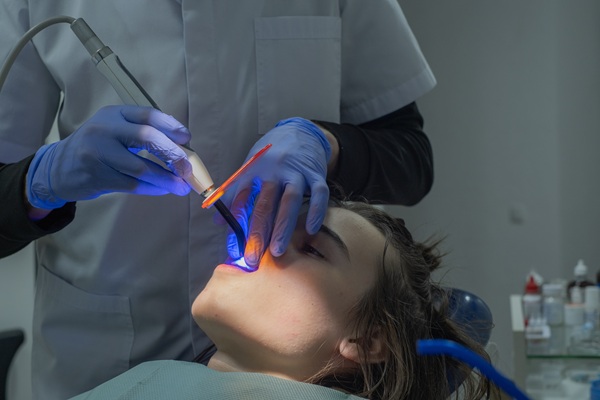Key Differences Between Dentists and Orthodontists

Understanding the key differences between a dentist and an orthodontist can help patients determine which specialist they need for their oral health care. While both professionals focus on maintaining and improving oral health, their roles, training, and areas of expertise differ significantly. A dentist typically handles general dental care, while an orthodontist specializes in diagnosing and treating alignment and bite issues.
Education and training
According to the United States Bureau of Labor Statistics, dentists and orthodontists begin their careers by earning a Doctor of Dental Surgery (DDS) or Doctor of Dental Medicine (DMD) degree. However, after receiving this extensive training, their paths diverge. Dentists complete their education after dental school and can begin practicing general dentistry. Orthodontists, on the other hand, undergo an additional two or three years of specialized training in orthodontics, focusing on the alignment of teeth and jaws.
Scope of dental and orthodontic practice
A dentist focuses on maintaining overall oral health and preventing dental issues for patients of all ages. They diagnose and treat a wide range of conditions affecting the teeth, gums, and supporting structures. Dentists emphasize preventive care, helping patients avoid potential complications through regular checkups and education on proper oral hygiene. They also address existing dental concerns to restore functionality and comfort.
Orthodontists, however, focus exclusively on correcting misalignments in the jaw and teeth. Common misalignments include overbites, crossbites, underbites, crowding, and diastema. Further, orthodontics concentrates on structural alignments, which means treatment times can last months to years.
When dentists and orthodontists collaborate
While dentists and orthodontists have distinct roles, they often work together to provide comprehensive patient care. Dentists may refer patients to an orthodontist for alignment issues that require specialized treatment. In contrast, orthodontists ensure that patients continue to receive routine dental care from their general dentist during orthodontic treatment. This collaboration ensures patients maintain good oral health while addressing their specific alignment needs.
Common treatments from a dentist
Since a dentist mainly focuses on maintaining a patient's overall oral health, the treatments can vary in type and extensiveness. Common treatments from a dentist can include:
- Biannual dental checkups
- Broken tooth treatments
- Dental restorations
- Gum health treatments
Further, dentists offer solutions for those with aesthetic concerns to enhance the appearance of a patient's smile, blending functionality with cosmetic improvements.
Common treatments from an orthodontist
Orthodontics treatments are much more limited. Orthodontists often use appliances designed to gradually adjust teeth and jaw alignment, ensuring long-term stability and improved oral health. Common appliances include:
- Braces
- Clear aligners
- Headgear
- Palatal expanders
- Bite plates
These treatments not only enhance the appearance of a smile but also contribute to better chewing, speaking, and overall comfort. Orthodontic care focuses on achieving balance between the teeth and jaw for optimal results.
Call us to schedule a dental appointment
We hope this information has offered enough key differences to help you determine which dental professional you require. However, remember that dentists are often the professionals who point to the need for an orthodontist should you require it. For more information, call our Swampscott dental office to request more information or schedule an appointment.
Request an appointment here: https://www.bryancousindmd.com or call Cosmetic & Family Dentistry of the North Shore at (781) 443-8268 for an appointment in our Swampscott office.
Check out what others are saying about our dental services on Yelp: General Dentist in Swampscott, MA.
Recent Posts
A general dentist can relieve a toothache after a proper assessment. This type of dental problem is often accompanied by swelling. It may even occur with a migraine, fever, or earache. Tooth pain needs immediate treatment. Here are the details on what a general dentist can do for a toothache.Each toothache is different. That is…
Everyone should visit the general dentist twice a year. At these visits, the dentist can catch any oral health issues and treat them before they become more serious. During the visits, usually once a year, you will need x-rays to check on the parts of your mouth that your dentist can’t see with the naked…
Fixing a broken tooth right away is important. This dental damage may seem like nothing more than a cosmetic problem, but it can lead to terrible consequences. Seeing a dentist sooner rather than later can provide immediate relief. If you want to find out the treatments for a broken tooth and its complications, here are…
General dentistry offices are responsible for the primary dental care of people of all ages. Dentists perform routine care and maintenance to keep your smile healthy and beautiful. The visits also help dentists diagnose dental issues that may not have obvious symptoms yet. Many people wonder how often they should see their dentist. The answer…


